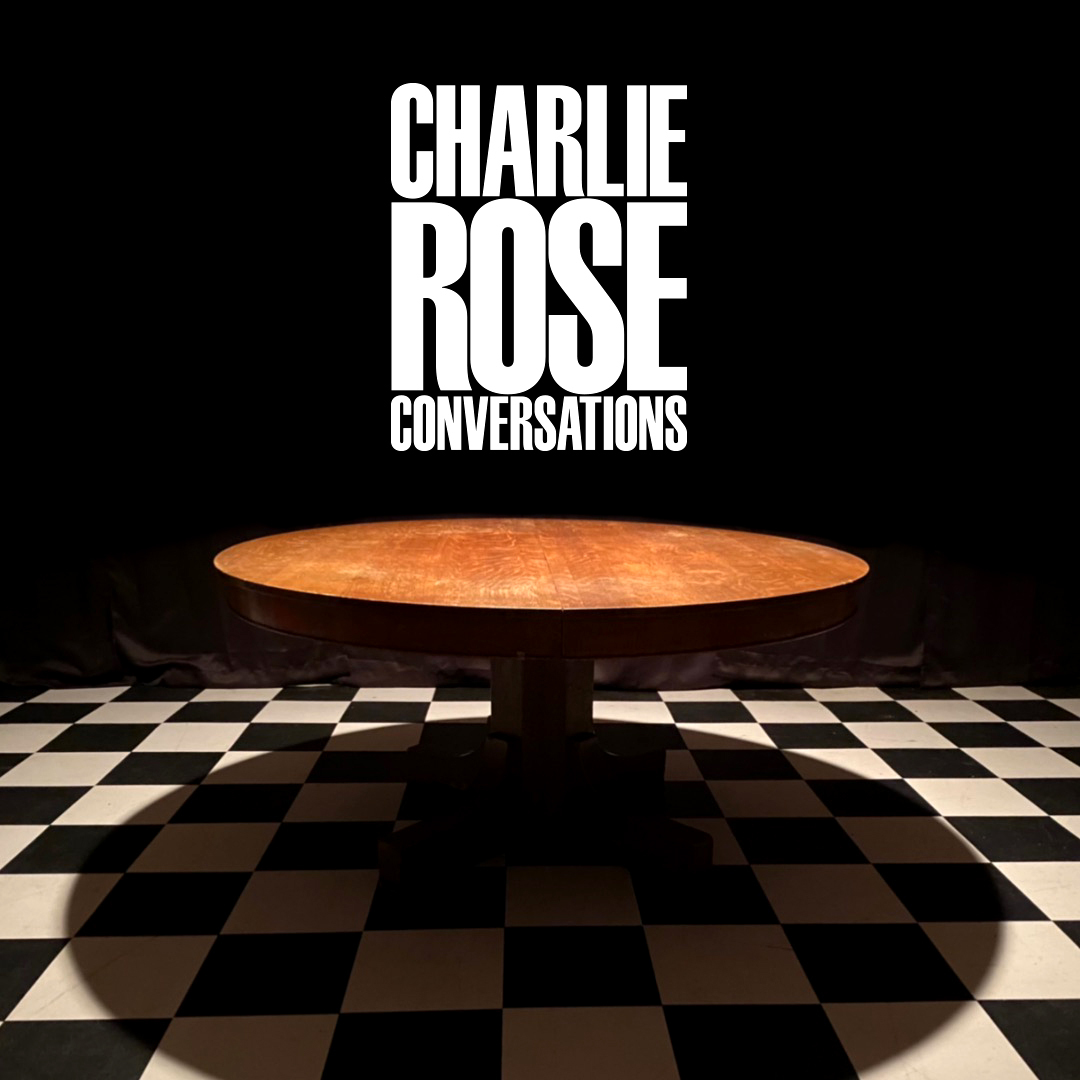
Alexandra Shapiro and Jonathan Bach are two members of the defense team that represented Sean “P. Diddy” Combs - the well-known music and fashion entrepreneur - in a highly publicized trial in the summer of 2025.
Combs’ defense team achieved a significant victory by securing acquittals on the most serious charges of racketeering conspiracy and sex trafficking. He was convicted on two lesser counts of transportation for prostitution under the Mann Act. The trial lasted 43 days, and the jury deliberated for three days. Sentencing is set for October 3.
Jonathan Bach is a highly successful trial lawyer who interrogated one of the prosecution’s witnesses during the Combs defense. Alexandra Shapiro - a former Supreme Court clerk for Justice Ruth Bader Ginsburg and a former New York prosecutor - is considered one of the most admired and sought-after appellate lawyers in America.
Their firm, Shapiro, Arata & Bach, has participated in a number of celebrated cases at both the trial and appellate levels. In full disclosure, they are friends of mine, and Jonathan has represented me in a legal matter.
My conversation with Jon and Alexandra is an opportunity to look inside the Combs trial—one of the most publicized cases in recent history. We will also explore fascinating questions about lawyers and the role of trials in American history.
Trial lawyers are classic figures in American life, much like the Western cowboy. Throughout U.S. history, they have captured public attention as defenders of both ideas and people. They have been portrayed in movies, on stage, and in iconic films such as To Kill a Mockingbird, and they have played central roles in historic cases like the Scopes “Monkey” Trial and the Nuremberg Trials.
Remember historic figures such as John Adams, Abraham Lincoln, Clarence Darrow, and Thurgood Marshall—they were all trial lawyers. Consider infamous trials like O.J. Simpson’s, which featured prominent trial lawyer Johnnie Cochran. And remember the many talented women who have argued in courtrooms across America, advancing the cause of equal rights—they, too, were trial lawyers.
This is an especially interesting moment to reflect on the Combs trial and the role of trial lawyers as he awaits sentencing.
We will discuss many topics, including:
What the prosecution charged.
How the defense crafted its response—strategically choosing how to make its case without presenting a formal defense.
What arguments Combs’ legal team might pursue going forward.
- October 24 2025
- October 14 2025
- October 13 2025
- October 08 2025
- October 04 2025
- October 02 2025
- September 30 2025
- September 21 2025
- September 16 2025
- September 10 2025
- September 05 2025
- August 22 2025
- July 18 2025
- December 29 2024
- December 09 2024
- November 27 2024
- September 20 2024
- September 10 2024
- August 29 2024
- August 13 2024
- February 20 2024
- February 16 2024
- January 11 2024
- December 26 2023
- December 24 2023
- December 12 2023
- December 04 2023
- November 14 2023
- November 02 2023
- November 01 2023
- October 20 2023
- October 12 2023
- July 28 2023
- March 09 2023
- March 06 2023
- October 07 2022
- September 03 2022
- August 16 2022
- August 03 2022
- June 20 2022
- June 09 2022
- May 27 2022
- May 17 2022
- May 10 2022
- April 14 2022
- Prev
-
September 30 2025
- October 24 2025
- October 14 2025
- October 13 2025
- October 08 2025
- October 04 2025
- October 02 2025
- September 30 2025
- September 21 2025
- September 16 2025
- September 10 2025
- September 05 2025
- August 22 2025
- July 18 2025
- December 29 2024
- December 09 2024
- November 27 2024
- September 20 2024
- September 10 2024
- August 29 2024
- August 13 2024
- February 20 2024
- February 16 2024
- January 11 2024
- December 26 2023
- December 24 2023
- December 12 2023
- December 04 2023
- November 14 2023
- November 02 2023
- November 01 2023
- October 20 2023
- October 12 2023
- July 28 2023
- March 09 2023
- March 06 2023
- October 07 2022
- September 03 2022
- August 16 2022
- August 03 2022
- June 20 2022
- June 09 2022
- May 27 2022
- May 17 2022
- May 10 2022
- April 14 2022
- Next



